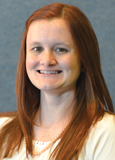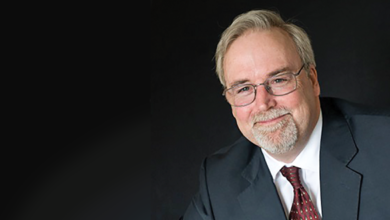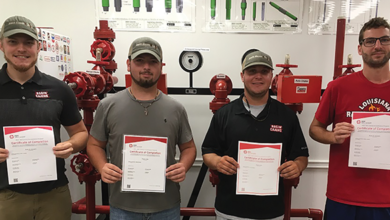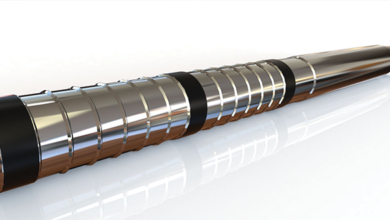André Alonso Fernandes, Petrobras: Collaboration, sharing of lessons learned will be key to creating better MPD solutions
By Kelli Ainsworth Robinson, Associate Editor
While studying mechanical engineering at the University of São Paulo in his Brazilian hometown, André Alonso Fernandes, currently Technical Advisor at Petrobras, became particularly fascinated with automation and how it can be used for optimization and process control. “That’s one of the things I really enjoy about MPD (managed pressure drilling), which is my current subject,” he said.
By the time he graduated in 2001, he knew he wanted a job where he could see the results of his work. “I had an urge to be a field engineer so that I wouldn’t only be in the office but also would get to participate in real construction,” he said. However, this was December 2001 – just three months after the 9/11 attacks – and many companies in Brazil had canceled technical and engineering job postings. Mr Fernandes ended up accepting a business analyst position with Accenture but quickly realized the job didn’t offer the hands-on experience for which he was looking.
After resuming his job search, he landed a new job in late 2002 with Alstom, a French power and transportation company. As a field engineer, he was responsible for commissioning and testing hydroelectric generators and related components at plants throughout Brazil. “One thing that was really nice about the job was seeing something being built and acting as a bridge between the office and the crew that’s assembling it,” Mr Fernandes said. “After one week of assembling these components and parts, there’s something real.”
By 2004, Mr Fernandes was ready for something new and turned to the offshore industry – a business for which he’d always had a curiosity. “I thought working offshore would be a very interesting role where you’re 100% dedicated to the job for 14 days at a time,” he recalled. That year, he joined Petrobras. His first assignment was as a companyman, working on approximately 20 DP deepwater vessels on 10 fields.
In this field-based job, he quickly learned an important lesson that he keeps to heart to this day: “In the end, the equipment helps, but it’s people who do the job,” Mr Fernandes said. “You have to communicate in a very clear way and get everybody from the team to understand what the problem or goal is and have everybody working together.”

In 2009, Mr Fernandes was offered an opportunity to become a well designer for Petrobras. The five years he spent in the field gave him plenty of experience executing well plans and providing feedback to designers based on operations, and he was excited about the chance to learn a new aspect of the operation. During the three years he spent as a well designer, he primarily designed development wells in the Campos Basin.
At this point, he’d had relatively little exposure to MPD. Petrobras was focusing significant R&D effort on MPD, but the operator was not using it extensively in deepwater wells. By 2012, the company was looking for employees who could focus exclusively on the development of MPD technologies and techniques, and Mr Fernandes volunteered. “I was very interested because I had some field experience and some experience as a well designer, so I could help bridge field knowledge with R&D,” he said.
Since 2012, his career has been focused entirely on MPD, and he’s helped Petrobras to develop and implement surface backpressure, pressurized mudcap and floating mudcap varieties of MPD for deepwater wells. While doing this work, he also began pursuing his master’s degree in mechanical engineering, which he received in 2015. His thesis focused on simulation and strategies for MPD controls. “I went back to school to make sure I had a strong mix of hands-on experience and empirical knowledge,” he said.
Mr Fernandes said he’s also excited by the tremendous progress that the industry has made toward greater deepwater MPD adoption and on the development of standards and best practices. He recalls that just three years ago, he gave a presentation at an industry conference about Petrobras’ experience drilling with underbalanced mud. An audience member commented that his company wouldn’t adopt such a practice. However, earlier this year, Mr Fernandes found out this company is now drilling some wells with underbalanced mud.
One forum where industry stakeholders can all come together to discuss MPD challenges, successes and lessons learned is the IADC UBO and MPD Committee, which Mr Fernandes currently chairs. “I think it’s an incredible opportunity to get involved with the discussion,” he said. “The committee is analyzing a lot of inputs and is a venue for a lot of thoughts and deliberations from the industry. It’s very good to participate in this process and collaborate in order to build the best possible documents and standards.” DC





